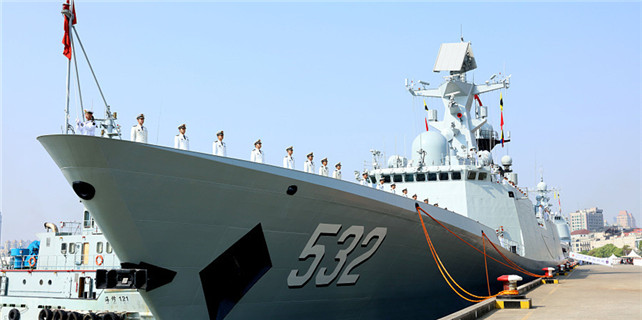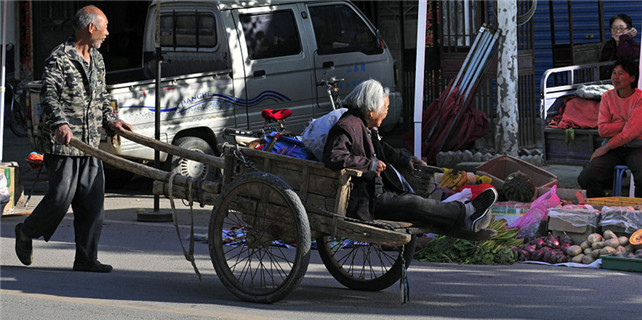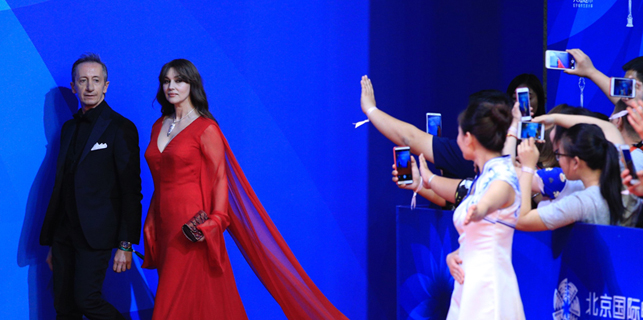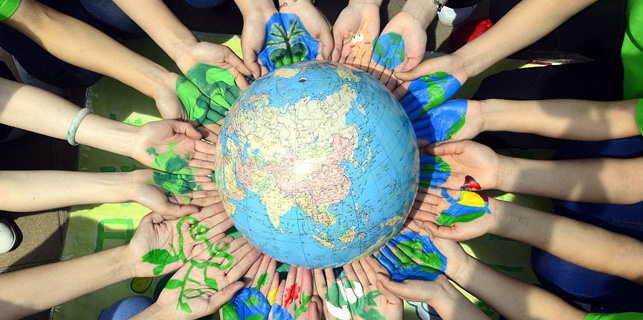Shoe businesses innovate amid rising costs
FUZHOU - Rising production costs have mounted pressure on Jayanta Ghosh, a Bangladesh footwear dealer, to leave the world's largest shoe-making base in China, where he has lived for five years.
"If the costs keep rising, in two to three years I will have to look for a place where I can find cheaper supplies," he said.
Ghosh is a quality control manager from Bangladesh footwear giant Papella. He represents his company, purchasing footwear supplies in Jinjiang, eastern China's Fujian province. For more than ten years, Papella bought raw materials from China and made shoes in Bangladesh.
"The food here is similar to what I have in my hometown Dacca: rice, fish and vegetables," said Ghosh, who enjoys his life in the Chinese city and is reluctant to leave.
Ghosh said that five years ago, the cost of materials for a pair of canvas shoes was $5. The shoes sell for $6 in Bangladesh.
"Now the price remains unchanged, but the cost has risen to $5.5. The profit of a pair was cut by half," he said.
Jinjiang is world's largest production base for sneakers, with 404 large-scale enterprises producing 1 billion pairs of shoes a year.
With rising labor costs, shoe makers in Jinjiang have been scrambling to grab the high-end market. Big Chinese shoe companies based in Jinjiang, including ANTA and 361 Degrees, have signed NBA basketball stars like Kevin Garnett and Klay Thompson, and Jamaican athletes to promote their brands internationally.
The transformation from low price goods to premium brands is not easy. In addition to increased costs in labor and raw materials such as rubber and petroleum products, the exported goods price index of footwear products at the end of last year dropped 10 percent from 2015. The foreign trade climate index for the shoe business fell by 24 percent during the same period, according to the Jinjiang city bureau of commerce.
Despite the difficulties, Jinjiang's shoe business is still prosperous as seen from the Jinjiang Footwear & Sports International Industry Exposition, one of the world's largest, which closed Saturday, where more than 2,000 standard booths were fully occupied. A new shoe and textile wholesale complex opened at the expo, with 90 percent of the 2,113 stores for rent open.
Ashraf Uddin, a Bangladeshi businessman, said he hoped to find Chinese partners at the expo.
Wu Shaoqing, general manager of the Chuanda footwear company, told Xinhua that Chinese footwear enterprises needed to upgrade and innovate.
"To survive, we must follow the changes in demand, and development of society," he said.
In the past, the Chinese firm mostly sold handmade Chinese black and white shoes. Starting from 2015, Wu invited designers, giving them 10,000 yuan ($1,453) to develop a new shoe design.
The company also set up a footwear processing factory in Vietnam, where labor costs are 20 percent lower than that in China. It sends the shoes back to China for sale.
According to Cai Wenqing, head of the Jinjiang commerce bureau, many companies did similarly and invested more in research and development to buffer against the impact of rising costs.
"Transformation takes time, but with their active response we will be on the right track soon," he said.






















